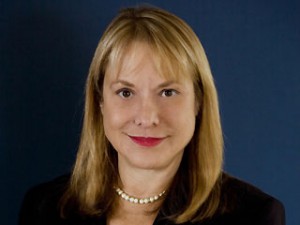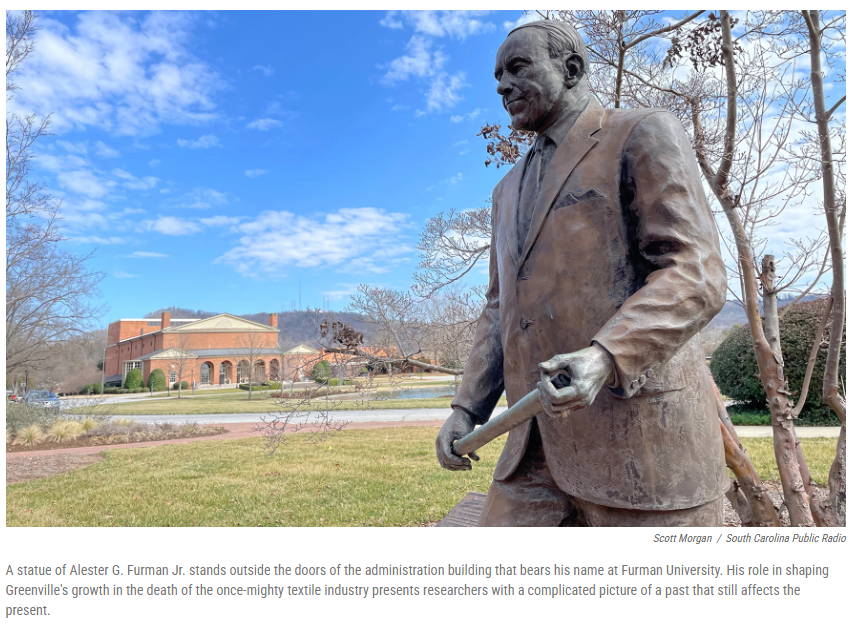On Sept. 30, bestselling author Ta-Nehisi Coates appeared on the “CBS Mornings” show to promote his book “The Message,” which is a one-sided critique of Israel as an apartheid state. The book compares Israel to the “Jim Crow South” and calls it out as the “one place on the planet — under American patronage — that resembled the world that my parents were born into.”
CBS Anchor Tony Dokoupil took him on for his one-sided polemic. “So then I found myself wondering: Why does Ta-Nehisi Coates … leave out so much? Why leave out that Israel is surrounded by countries that want to eliminate it? Why leave out that Israel deals with terror groups that want to eliminate it? Why not detail anything of the first and the second intifada, the cafe bombings, the bus bombings, the little kids blown to bits? And is it because you don’t believe that Israel, in any condition, has a right to exist? … What is it that so particularly offends you about the existence of a Jewish state that is a Jewish safe place and not any of the other states out there?”
He was doing his job as a journalist, challenging a guest who was giving only one side of the argument.
It ignited a firestorm inside the news division. On a telephone call with the news division on Oct. 7, the head of news gathering at the network, without naming names, condemned Dokoupil for not meeting the “editorial standards” of CBS News. The Free Press published a transcript of the call, in which Adrienne Roark accused him of not being “objective,” which “means checking our biases and opinions at the door.”
Since when is challenging a guest’s one-sided polemic a sign of “bias”? Isn’t that what good reporters are supposed to do?
Jan Crawford, CBS’ chief legal correspondent, challenged her on the call. “I thought our commitment was to truth,” she said. “And when someone comes on our air with a one-sided account of a very complex situation, as Coates himself acknowledges that he has, it’s my understanding that as journalists we are obligated to challenge that worldview so that our viewers can have that access to the truth or a fuller account, a more balanced account. And, to me, that is what Tony did.”
“I frankly think Tony did a great job with that interview,” Shari Redstone, the chairwoman of the parent company of CBS, said Wednesday in remarks at Advertising Week New York, adding that he “role modeled what civil discourse is.” Acknowledging that it was hard for her to speak against the company and its executives who, in addition to castigating him on a company-wide call sent Dokoupil to the Race and Culture Unit to defend himself, Redstone said, “I think they made a mistake here. … I don’t have editorial control. I am not an executive, but I have a voice.” And she used it, to her credit. Shari Redstone has spoken out widely about antisemitism.
As Ruth Marcus points out in The Washington Post, it’s no coincidence that this supposed violation of editorial standards comes in the context of coverage of Israel, not, for instance, Gayle King’s passion when doing interviews about racial justice. Does the fact that Dokoupil is Jewish and his children live with his ex-wife in Israel turn tough questions into signs of bias? What’s unobjective about insisting that both sides of the argument about Israel’s right to exist are heard? Is a Jew disallowed from taking on an anti-Zionist? The bias would be shown if Coates’ equation of Israel with the “Jim Crow” South — with no context at all — was allowed to go unchallenged. But that’s the kind of bias that has been demonstrated all too often in the coverage of the Jewish state.
To find out more about Susan Estrich and read features by other Creators Syndicate writers and cartoonists, visit the Creators Syndicate website at www.creators.com.




